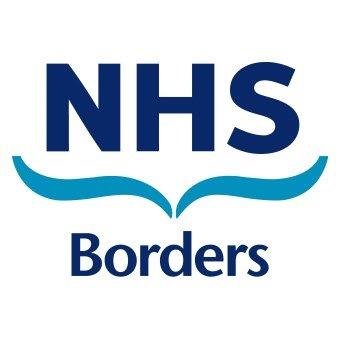Who to refer:
All patients, age 16 and over should be motivated and ready to engage. Interventions require a level of self-help.
Early intervention and prevention, provided by practitioners, including mental health specialists, working in universal services, self-help and prevention orientated services that enable people to stay well.
Low Support Needs
- Requires low level monitoring and support or intervention of one agency or discipline, such as GP
- Are likely to self-manage their mental health problems with less support than higher tier services and/or guiding
- Have established informal support network/relationships
- On assessment, are deemed to pose reduced or little risk to themselves or others
- Are likely to maintain contact with their GP, mental health and other services with minimal support and/or prompting, though regular appointments with GP or ANP.
- Patients may have previously met the criteria for Tiers 2 and/or 3 but will have developed the skills and insight to enable them to manage their mental health and other needs in a more positive way. They will be able to recognise signs of relapse and crisis and manage these situations with minimal support
- Loneliness and isolation
- Low mood
- Low level anxiety
Who not to refer:
- Tier 2 support- refer to Renew
- Emotional Wellbeing – if under 18 refer to Quarriers (if in education) or CAMHs depending on severity
- Patients seeking treatment with psychosis, a major psychiatric illness, severe depression (including post natal depression)
- Current CMHT or Psychology contact or pending referral
- Severe distress/impaired functioning
- Active Suicidal Plans/significant self-harming
- Patients seeking treatment with a diagnosed personality disorder
- Unrealistic goals, e.g. counselling/therapy as opposed to guidance in self-help.
- Unwilling to consider idea of self-help
How to refer:
To access the service, patients may either refer themselves, or be referred by a health professional using SCI gateway or a referral form which can be found on wellbeing service website (please see local service details section)


